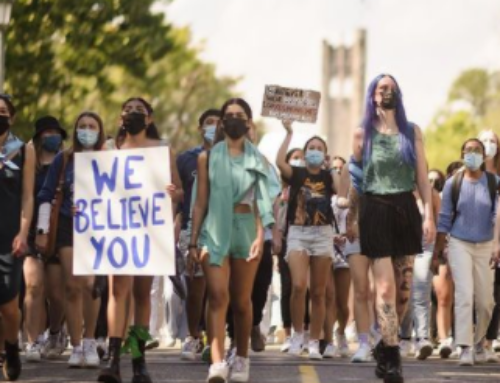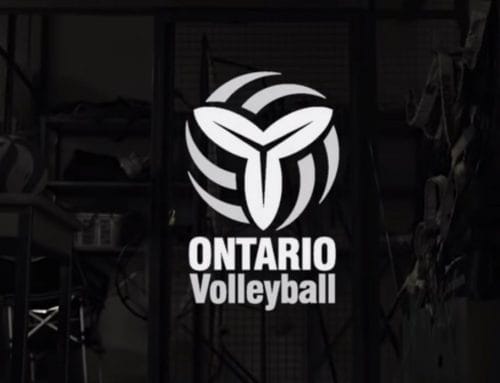ABSTRACT
Our method for combatting sexual violence in Canada is failing. Survivors of sexual violence have lost confidence in the criminal justice system as evidenced by the extremely low reporting rate to the police. While victims generally wish to hold perpetrators accountable, their reluctance to engage the criminal justice system is a clear indication that the cost (psychologically and emotionally) is too high. Survivors need more protection from re-traumatization and something must change in order to hold perpetrators accountable and deter sexual violence. In this article I propose a fully funded confidential trauma-informed model of victim representation for survivors of sexual violence to better protect their rights and facilitate equal access to justice. I find support for my proposed model by looking to systems of victim representation internationally, in the U.S. Military and in the International Criminal Court. Studies of these models demonstrate that they more meaningfully engage victims with the justice system and mitigate harm in various ways. I also demonstrate why the criticisms of these models are unwarranted. Finally I provide an analysis regarding equality rights under the Canadian Charter and outline why our current process is discriminatory and undermines the equality of women. I conclude that allowing legal representation offers overwhelming value and empowerment to survivors of sexual violence by improving their protection from harm and increasing their access to justice. I further postulate that providing this support to survivors could increase the reporting rate for sexual violence and thereby contribute to reducing the rate of sexually offending with impunity.
Published on The Windsor Yearbook of Access to Justice on 2020-12-15







